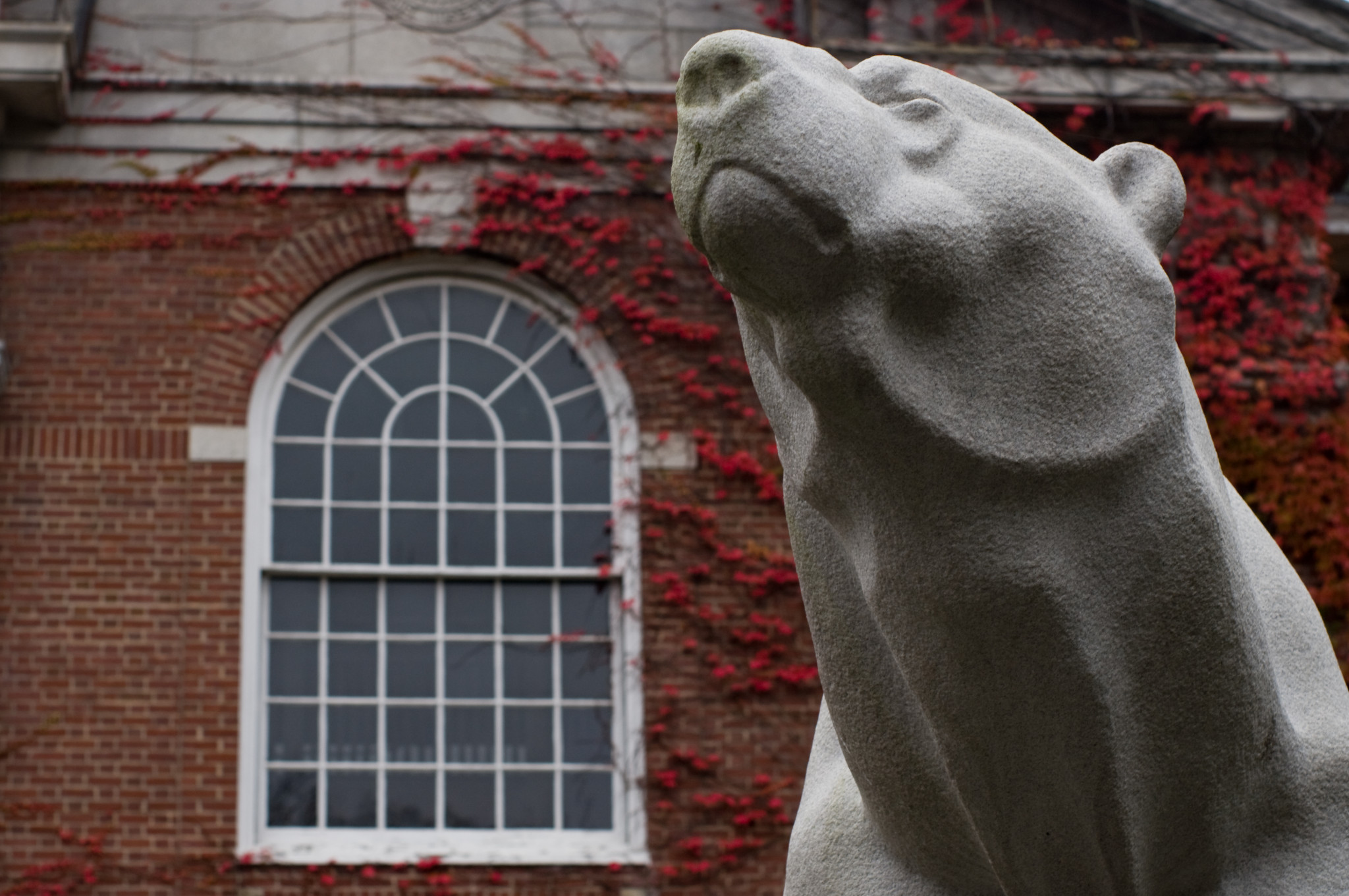For three summers during high school, I participated in federal assistance program Upward Bound at Bowdoin College in Brunswick, Maine. My parents divorced when I was 13, and my then 31 year-old mother chose to raise four children alone. Jobs were scarce in Aroostook County during the early 1970s, and mom couldn’t earn enough. We were poor, by most American measures.
That circumstance and college plans qualified me to spend summers in Southern Maine and someday to attend a school like Bowdoin (I didn’t). The program has expanded such that if I were a high school student today, my UB participation would be at the University of Presque Isle branch rather than the one at Bowdoin. While closer to home (next town over), the benefits wouldn’t be as a great: Getting out of the County’s confines, experiencing life on such a prestigious college campus, watching Shakespeare at the Theater at Monmouth, or traveling—even for a day—to Boston.
I gained much from my three summers with Upward Bound, but what stays with me is a simple experience. We had a beach day at Old Orchard, where the water is chill like all locales along the Maine Coast. The Gulf Stream flows far east along its path to warm Europe. The day we swam, the sea temp was around 14.5 degrees C (58 F), which is fairly typical for late July.
The guys were in a rowdy, virile, power-asserting mood. We dug holes in the sand, dragged over kicking UB counselors, and buried them. But when we went for the last, and lead, counselor, he didn’t resist. He walked over to the hole and sat in it. We partly covered him with sand until the affair petered out of energy. The other guys walked off, but I remained standing over my elder perplexed.
“Why did you do that?” I asked. “Why did you not fight and walk over?” He answered with a question: “It wasn’t fun now was it?”
David Thinking
Much as I gained from the UB program, that incident left the longest lasting impression. I understood the meaning. You can change circumstances by acting unexpectedly. You can even reverse roles in a situation where someone has the position to dominate you. You can change the rules of engagement to favor your strengths over theirs. The counselor had the power to walk and doing so diminished the teenagers’ seeming superiority as a group. Their unity disintegrated,
I adopted that lesson into my life philosophy—that’s how insightful was the insight. Perhaps that’s why March 2009 New Yorker Story “How David Beats Goliath” so resonates with me. That insightful analysis, from which writer Malcolm Gladwell developed a book, inspired a name for the philosophy adopted from the mid-1970s life lesson: David thinking. In the Biblical battle, David changed the rules of engagement rather than by playing the status quo’s way.
Six years ago this week, I explained how one of the tech companies I report about applies David thinking: “Why Apple Succeeds, and Always Will“. Seven months later, I republished the story nearly verbatim on BetaNews, churning up more attention and response to the argument. In 2015, “always will” no longer applies. I was wrong about that. Apple became Goliath during this decade and engages in ways that seek to preserve its status quo rather than be a disruptive innovator.
Changing the Rules
The ability to deflate another’s power over you is itself empowering. Someone once pulled a knife on me from a car in the Bronx, New York. I waited at the stoplight, but leaned into the vehicle when the dude called me over. Up came the knife. He demanded money. But I played dumb. I didn’t understand, which initially made him angry; he pressed the blade to my skin. But I held fast to my confusion about what he demanded. He lost authority, he became confused what to do next, the light turned green, and someone honked. He drove off.
A friend tells the story of being stopped for speeding. The driver was Japanese American and the front passenger was a German exchange student. The cop asked the driver for license and registration and got a perplexed response in Japanese. He turned to the German, and then to the backseat where sat my friend, who being from Texas fluently spoke Spanish—in which he answered. The policeman paused, stepped back, and waved them along.
A decade after I started college and dropped out, I returned. But days before my flight, I received an unexpected deferral notice to the following term. I got on the plane anyway. On a Friday afternoon, I walked into the Dean of Students’ office foyer to plead for my attendance. His assistant became a wall around which there would be no admission—to see the Dean or to classes that term. But I persisted pleading, and the Dean unexpectedly walked in carrying a painting for the foyer. Behind me. I didn’t see him and wouldn’t have known his identity. He listened to my conversation with the assistant, then invited me into his office, where we spoke, and he explained that the school reserved spaces for older students (I was 27). He promised to review my records. The following Tuesday, the college admitted me for the fall term.
David thinking applies many ways that exceed the life lesson I learned 40 years ago. But the basic philosophy remains the same: Don’t engage in the expected way.
As for Upward Bound, the program probably changed my life’s direction during high school. For the positive, of course. I repay the debt and for others accrued through generosity bestowed to me, by giving to others. Hehe, that’s another of my life philosophies but topic for another day.
Photo Credit: Gwyn Fisher
